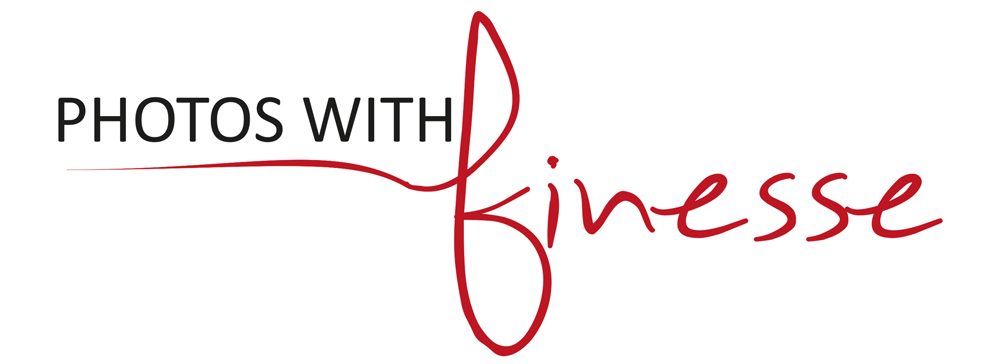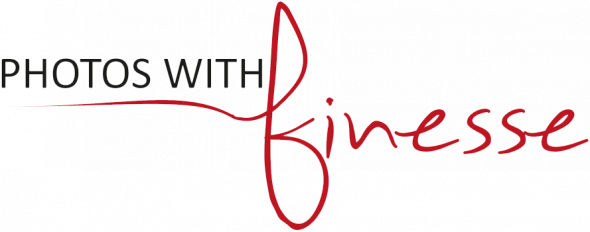The quote above hit home this week. I’ve been struggling with my national pride for quite some time. Whilst I’m incredibly grateful to live in a country like Canada, with the many advantages it has, I haven’t been proud to be a Canadian for a couple of years at least.
Canada Day has never been high on my list of celebrations. Not sure why – probably the big crowds in areas I’m used to visiting mid-week. Fireworks I could never see without more big crowds, and poor parking access. (I’m not a fan of public transit!)
On the years I did go, what gave me the ‘happy feels’ was watching citizenship ceremonies. New immigrants excited to become part of Canadian life. Some leaving places of hardship. Others coming from countries with discrimination. Reduced women’s rights. Lack of religious freedom. Less than tolerant LGBTQ+ policies… The list goes on. Whatever their reasoning, they were happy, and I was happy for them. They’d come to a country with Freedom of Expression, Religion, Conscience, Association and Assembly. Multiculturalism was celebrated. Freedoms many of us take for granted – something my global travel has enlightened me to.

I am also an immigrant – have been here since 1967, when I was 2 years old. I didn’t come from a place of hardship, or a country with dodgy laws. I’m white and European. Always had a voice. I honestly didn’t have a clue about ‘discrimination’ of any sort until I was in my early adolescence. The daughter of a family friend asked me what it was like being part of a ‘mixed-race’ family. Apparently having a Turkish Dad, and British Mum qualified.
Once I educated her that a European was a European and that there was only one race – the human race, I let it go. (Yes, my outspoken mouth began early.) It was her mother, a few years later, who was working a church clothing drive for the Vietnamese Boat People, and when complimented on their efforts said, “I wish they’d all go back where they belong.” That was when I realized that not everyone believed everyone is created equal. And people are hypocrites.
A Little Bit of History
I was fortunate. We were raised in BC and Alberta – employed by the energy sector, which was booming. I had access to everything I needed. Food, clothing, education, advanced education etc. My first job (beyond babysitting) began at age 14. That was for my ‘wants’ – beyond necessities. Life was good. My best friends were East Indian. Canadian born multi-generational Asians populated my classes. We celebrated the ‘cultural mosaic’ of Canada vs. the ‘melting pot’ of the USA as part of social studies. Everyone was welcome. Or so I naively thought.
I was of the generation where ‘faggot’ was a common term. As was ‘chinks’. ‘Drunk Indians’. And ‘Paki jokes’ were a big thing. Even back then I didn’t like the terms. I didn’t like how you were expected to laugh them off. It always bothered me. Still does – although fortunately we have made some progress. Inappropriate sexual conduct was a thing at work. You brushed that off too – if you wanted to keep your job. First Nations were only discussed in school in the context of the Louis Riel Rebellion – yep 1885! The UK was my home for four years at the end of the 80’s. Overt racism was common there. (And, honestly, still is.) I thought Canada was pretty good in comparison. We all got along.
Fast Forward 20+ Years
I’d never heard of the ‘60’s scoop‘. When I did, I thought it was something ‘way in the past’ – long before my time. Indian reserves were a ‘place to be avoided’. When questioned why, “because there’s lots of crime and they don’t like white people”. We were just starting to hear rumblings of ‘truth and reconciliation’ in the first decade of this century. Still wasn’t sure what it meant. And most individuals I mentioned it to either didn’t know, or didn’t care.
By this time though, I’d met many people of Indigenous descent through work. I’d heard stories of the conflict between ‘reserve life and trying to fit in’. Lack of access to care and education. I knew there were social welfare issues but didn’t know the root causes – beyond a far greater poverty than anyone I, and my friends, had been exposed to. It seemed like an uphill battle. Yet they were rising above. (PS – they were pretty friendly – and seemed to get along just fine with us ‘white folk’.)
The Reckoning
Ironically, it wasn’t my Psych major in University that opened my eyes. It was my event photography career – which didn’t really begin until 2012. I started shooting conferences. Social Enterprise, Social Work, Prevention of Child Abuse, Assembly of First Nations – Education. The list went on.
I worked with amazing organizations helping get families off the street and back into productive living. I felt honoured to capture incredible displays of cultural diversity, talent and listen to the storytelling. Resilience beyond belief. The challenges overcome – the majority of us can’t even begin to fathom.

The Education forum moved me to tears with the stories of the Residential Schools. Some of the elders were more educated than my own circles – often with multiple degrees – despite the abuses they encountered. And that was when I really started to dig; To read; To listen; To hear… To talk to friends who worked in ‘the system’. And oh boy, is there a system!
This is Not A ‘Thing of the Past’
I quickly realized what I thought was ‘long ago’ is still a huge influence today. Trauma and poverty don’t heal themselves. The last school didn’t close until 1996. I was an adult by this time. My first child was born the next year. Orange shirt day didn’t become ‘a thing’ until 2013.
Systemic racism is still a thing. I listened to the teen trying to rebuild her life after her parents died. She was left in charge of her two younger sisters, with virtually no resources. The girls were literally raided off the street on route to a shelter with full police lights and sirens blazing. They were separated and put into the foster system where her 5-year-old sister was forced to cook and clean for the ‘white kids’ in the same home. She lost track of the middle sister for over a year.
This occurred in 2014. THAT IS THIS DECADE! Despite only making up 4.9% of the Canadian population, Indigenous children makeup approximately 30% of kids in foster care.

Reconciliation & Understanding
I’ve tried to talk to my own circles about how systemic racism still exists. Many still point out the Asians, the Blacks, the Filipinos the Muslims etc., all working among us, then compare it to the US and say ‘we’re nothing like them’. (Although living in Alberta ‘redneckism’ is still alive and well.) And yet, when I point out how we treat the First Nations I’m told, “but that is different”. How? How is it different?
I’m saddened and disgusted, but not shocked, that this past month has been about recovery. Bodies after bodies of unidentified children in mass graves – some discovered as far back as 2012, but ‘not a priority to identify’. As a parent, I can’t even imagine the agony of not knowing what happened to the children. How it has not been a priority until now is beyond me.
In 2009, the Federal Government denied the Truth & Reconcilation Commission $1.5M to help identify burial sites. Despite the 2016 Canadian Human Rights Tribunal awarding compensation for the victims of the on-reserve welfare system the Canadian Government still battles the ruling. Dr. Cindy Blackstock is still battling to get the tribunal orders acted upon.

Digging further, and watching additional videos, I learned electric chairs were used as corporal punishment – and a form of entertainment. My heart broke just a little bit more. What I thought was bad enough with ‘broken bones, sexual abuses, and horrendous conditions’ was clearly cultural genocide. And yet we, as a country, denounce the similar such genocides around the world. We’re proud of our human rights. (Compared to some countries we’re far advanced.) But when it comes to the Indigenous people of this land, we have a shocking, dark history.
What Can We Do
First and foremost, educate yourselves. Learn, learn, and learn some more. And listen. Take the Indigenous Canada Course from the University of Alberta. (I’m working on it, and several friends are part way through, or have completed it.)
We must recognize our complicity in the systems. Erasure instead of equality, incarceration instead of inclusion. The system that needs our voices. We must recognize and speak out against the atrocities that Indigenous people face: individual and systemic racism; reality and trauma of residential schools (which many of us knew nothing about until recently); brutalization and murder of Indigenous people at the hands of police; missing and ignored Indigenous women; lack of access to drinking water; poverty; substandard healthcare; broken treaties; 5x more children by population ‘in the system’; employment discrimination; over-policing; and oppressive incarceration rates.
We must use our voices and privilege to demand change. Tangible action is the only way forward. Then we can truly celebrate the incredible culture that is a key part of our country today – and that has been suppressed for too long. Let us work together. Let us build new relationships. Let us be part of the change. We can’t change the past. But that, to me, is how we work towards celebrating a Canada Day we can genuinely be proud of once again. And one in which, hopefully future generations can be proud of.

Resources
Write to your Members of Parliament – demand they support education, and equality in programs and services.
Support the Legacy of Hope Foundation
Support the Downie & Wenjack Fund
24-hour Indian Residential Schools Crisis Line at 1-866-925-4419,
Indian Residential School Survivors Society (https://www.irsss.ca/) toll free line at 1-800-721-0066.
Suicide Crisis Line: 1-833-456-4566


